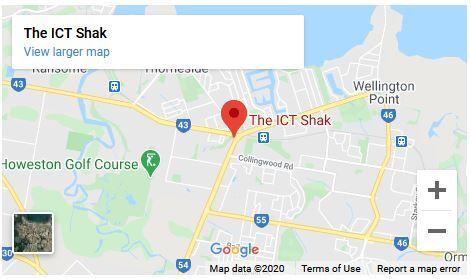There is good news for Australian small and local business owners to register for a brand new .au domain name. Existing websites will have the opportunity to shorten the present domain names of their choice. New websites can directly register for .au extensions.
The direct domain name extension will allow Australian business owners to register a short, eligible, memorable and impactful name that removes the second level. It is a unique and snappy way to end an URL.
.au domains can end a web address with 3 characters only. It is the easiest Australian domain name registration platform.
.au Eligibility
Before we learn the eligibility to register for .au domain names, it is important to understand what “Australian presence” means according to the auDA guidelines:
- A Company, Association, Solo Trader, Charity or Trust that has a current ACN or ABN
- An Australian resident, citizen or native
- Foreign Business with Australian trademark registration
Some of the criteria to register for .au domains include:
- It is essential to have an Australian “presence”
- Existing users will have the preference to shorten their domain names. For example, "yourbrand.net.au" can be shortened to "yourname.au"
- You need an accredited auDA registrar to register for a .au direct domain
Australian driver's license, passport, citizenship certificate, business number (ABN), company number (ACN) or trademark application are all applicable to prove your "Australian presence" and successfully register for .au domain names.
Name Allocation Eligibility
auDA is the Registry operator for Australian ccTLD .AU. Registrations for the 2nd level are open now. Since only 3rd level .au domains were eligible for registration until March 2022, this is a big move in the Australian namespace sector.
Existing namespaces like org.au and com.au have specific allocation criteria. With the .au direct domain namespace, there are no name allocation criteria. An auDA registrar helps to ensure that the name follows the auDA's licensing protocols and the Priority Allocation Process.



